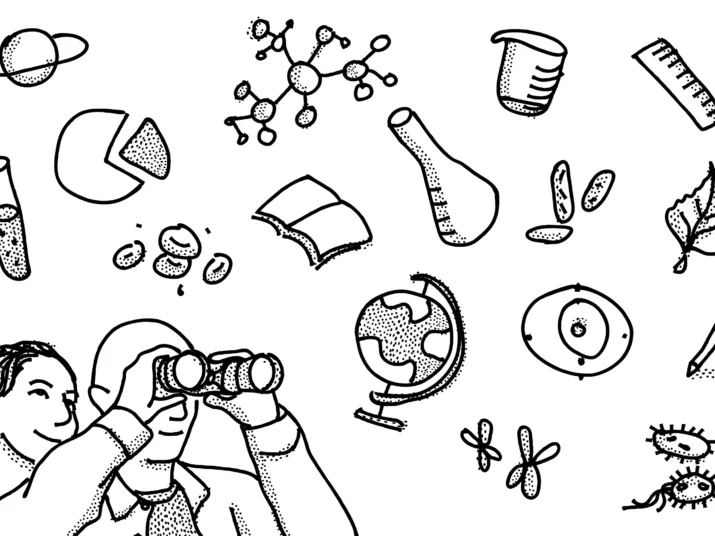
#futuriumschool: Citizen Science
Research for a better world
Before science with its many sub-fields became professionalised, what we now call “amateur research” was the norm. Today, everyday knowledge, as well as knowledge based on experience, has been devalued – and unjustly so!
It’s good that, for some time now, this kind of research has been making a comeback – because it brings more diversity, as well as new perspectives and possibilities, to our shared knowledge.

Research: by whom and for whom?
In our globalised world, one thing has become clear: many important questions cannot be answered by the same small research teams, in individual disciplines and in individual places – the participation of many is needed!
Most existing citizen science projects revolve around natural sciences and are related to environmental policy. It’s usually very easy to contribute to them, for example, by counting insects, which has become much easier with the widespread use of mobile phones and the Internet. Great! But critical voices ask: who owns the data? What’s done with it and how? And who benefits from it? In view of the importance of these questions, citizen science is about so much more: participating, thinking for oneself and having a say!
In the explanatory video of the Helmholtz Association for German Research Centres you can get more information about the history, contents and goals of citizen science. 👇
Take part!
- Contribute to protein research with a computer game 👉 https://fold.it
- Provide computing power to COVID-19 research 👉 https://foldingathome.org/
- Collect environmental data 👉 https://sensebox.de/
- Observe nature 👉 https://www.naturgucker.de
There are numerous low-threshold projects to participate in citizen science. Maybe you’re curious about what’s going on in your neighbourhood or even have an idea yourself about how to make the world a better place through research?
Then take a look at the projects page of Germany’s largest citizen science platform and answer the questions below for yourself:
What do you think?
Question1: Which CitizenScience project would you like to be involved in?
Question2: Which Citizen Science project would you like to start yourself?
Question3: What are the advantages of Citizen Science compared to professional science?
Question4: Where do you see limitations or disadvantages of Citizen Science
Learn more about citizen science:
- Wikipedia article
- Trailer Bürgerwissenschaften (Citizen Science Trailer)
- Grünbuch Citizen Science Strategie 2020 (Green Paper Citizen Science Strategy 2020)
- Podcast Forschergeist, Episode 002, 2014 (Spirit of Research Podcast)
- Citizen Science im Futurium (Citizen Science at Futurium)